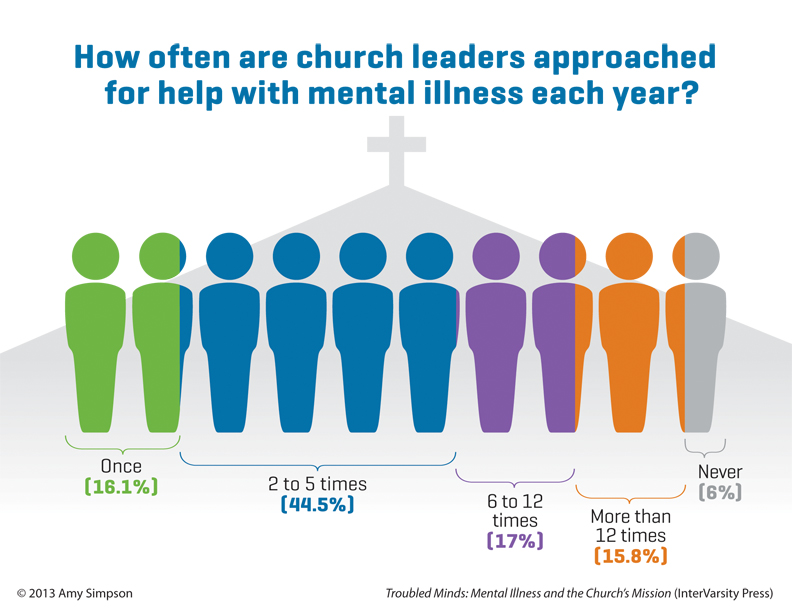Explore The Exceptional Progression Of Catholic Colleges And Their Significant Role In Education-- Do Their Practices Supply A Path To Future Knowing?
Explore The Exceptional Progression Of Catholic Colleges And Their Significant Role In Education-- Do Their Practices Supply A Path To Future Knowing?
Blog Article
Material By-Eskesen Bateman
When you consider the history of education and learning, Catholic institutions attract attention for their ingrained traditions and long-term impact. These establishments began as a way to instill confidence and values, yet they've adjusted extremely over centuries. Today, they play an important function fit not just academic success but additionally moral integrity. What's fascinating is just how they have actually managed to prosper among altering cultural landscapes, raising questions concerning their future relevance and impact.
The Beginnings of Catholic Education: A Historical Point of view
Catholic education traces its origins back over 1,500 years, when early Christian communities identified the requirement for structured knowing. You'll find that these areas intended to hand down their faith and worths through education and learning.
Monasteries and sanctuary colleges became facilities of discovering, nurturing both spiritual and intellectual growth. As you dive much deeper, you'll see that the curriculum commonly included philosophy, theology, and the liberal arts, designed to create well-rounded people.
With time, the Church developed a lot more formal organizations, guaranteeing that education and learning remained accessible to all. The commitment to training moral values and fostering a sense of neighborhood has continued through the centuries, shaping the educational landscape and influencing countless lives worldwide.
This enduring heritage continues to inspire Catholic education and learning today.
The Advancement of Catholic Schools Via Social Contexts
As cultures developed, so did the role of Catholic schools, adapting to the social contexts in which they existed. In the early years, these establishments concentrated largely on spiritual instruction, however as communities diversified, they began to include neighborhood languages, personalizeds, and educational requirements.
You 'd notice that Catholic schools often came to be facilities for social communication, fostering a sense of belonging amongst pupils from different backgrounds. In several regions, they addressed societal problems, such as hardship and discrimination, by supplying easily accessible education and learning for all.
As you discover different societies, you'll see exactly how Catholic institutions have shifted their educational program and mentor approaches, reflecting the values and obstacles of their atmospheres while holding to their foundational objective of faith and academic excellence.
The Modern Function and Effect of Catholic Schools in Culture
In today's globe, Catholic institutions play an important duty in shaping not just the instructional landscape, but likewise the wider neighborhood.
You'll locate that these organizations emphasize worths like respect, compassion, and social justice, promoting all-around individuals who contribute favorably to society. By concentrating on Best Private schools In Leland and moral development, Catholic institutions prepare pupils for future obstacles, nurturing critical reasoning and management skills.
https://weldon25mitsue.wordpress.com/2025/06/14/5-factors-moms-and-dads-choose-catholic-colleges-for-their-kids-education/ serve diverse populations, bridging gaps in access to top quality education and learning. Additionally, you may discover their commitment to service, motivating students to take part in area outreach and volunteer job.
This mix of education and moral assistance makes Catholic colleges a significant pressure, cultivating liable people who can influence their neighborhoods right.
Final thought
In conclusion, Catholic schools have a rich background that's shaped their enduring influence on society. You have actually seen just how they've adjusted to different social contexts while keeping a commitment to faith, values, and academic quality. Today, they continue to play a crucial function in fostering area, promoting social justice, and nurturing accountable residents. As you review their tradition, it's clear that Catholic institutions continue to be an effective pressure for positive change worldwide.
